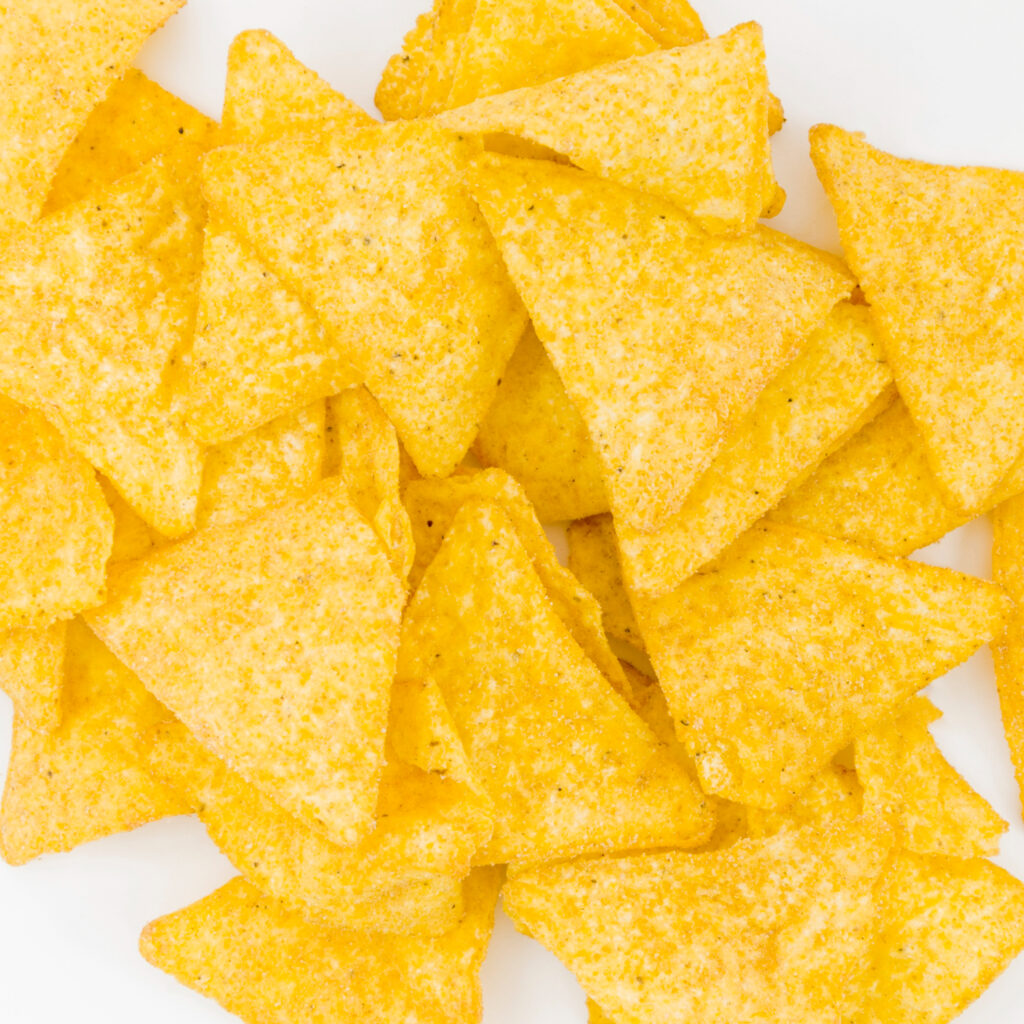
Table of Contents
Overview
Aging is a natural process that everyone experiences, but did you know that certain foods can speed it up? While genetics and lifestyle factors play crucial roles in how we age, diet is often overlooked as a key contributor. In this blog post, we’ll explore the foods that can make you look older and how to make smarter choices to maintain a youthful glow.
How Your Diet Affects Aging
Your diet is more than just fuel for your body; it’s a significant factor in your overall health and appearance. The foods you consume can either protect your skin and organs from aging or accelerate the aging process. Poor dietary choices can lead to inflammation, oxidative stress, and the breakdown of essential proteins like collagen, all of which contribute to wrinkles, sagging skin, and other signs of aging.
1. Sugar and Sugary Foods
Sugar is a primary offender when it comes to aging. When you consume too much sugar, it triggers a process called glycation. During glycation, sugar molecules bind to proteins, including collagen and elastin, which are crucial for maintaining skin elasticity. This process weakens these proteins, leading to wrinkles, sagging skin, and a dull complexion. Additionally, a high-sugar diet increases the risk of insulin resistance and diabetes, both of which are associated with premature aging.
To minimize the aging effects of sugar, reduce your intake of sugary snacks, desserts, and drinks. Instead, opt for natural sweeteners like honey or stevia, and enjoy whole fruits, which provide fiber along with natural sugars, helping to balance your blood sugar levels.
2. Processed Foods
Processed foods are packed with unhealthy fats, sodium, and preservatives, all of which contribute to inflammation and oxidative stress in the body. These foods can also disrupt your gut health, leading to a compromised immune system and faster aging. The high levels of trans fats found in many processed foods can damage cell membranes, resulting in less youthful skin and increased risk of heart disease.
Focus on eating whole, unprocessed foods like fresh fruits, vegetables, lean proteins, and whole grains. Cooking meals from scratch allows you to control the ingredients and avoid the hidden sugars, unhealthy fats, and excessive sodium often found in processed foods.
3. Alcohol
Alcohol dehydrates the body, and this dehydration is particularly noticeable on the skin, making it appear dry and wrinkled. Alcohol also strips the skin of vital nutrients, including vitamin A, which is essential for cell renewal and skin regeneration. Over time, excessive alcohol consumption can lead to liver damage, which not only affects your overall health but also manifests in your skin, causing it to look older and more fatigued.
Moderation is key when it comes to alcohol. Limit your intake and make sure to stay hydrated by drinking plenty of water. If you enjoy a drink now and then, consider opting for red wine, which contains antioxidants that can be beneficial in small amounts.
4. Salty Foods
A high-sodium diet can lead to water retention, causing puffiness and bloating, particularly around the eyes. Over time, excessive salt intake can also contribute to hypertension, which is associated with the aging of blood vessels and an increased risk of heart disease.
Reduce your consumption of salty snacks, processed meats, and canned foods. Instead, use herbs and spices to add flavor to your meals without the need for excess salt. Also, choose fresh, home-cooked meals over pre-packaged options, which often contain hidden sodium.
5. Red Meat
While red meat is a good source of protein and iron, it also contains high levels of saturated fats and a compound called carnitine, which can harden the walls of blood vessels, contributing to cardiovascular aging. Additionally, regular consumption of red meat has been linked to increased inflammation, which can exacerbate aging both inside and out.
Opt for leaner sources of protein such as fish, poultry, and plant-based proteins like beans and legumes. When you do consume red meat, choose lean cuts and prepare them using healthier cooking methods like grilling or baking, which reduce the need for added fats.
6. Fried Foods
Fried foods are typically cooked in oils that are high in unhealthy fats, which can promote inflammation and oxidative damage in the body. The high temperatures used in frying also produce harmful compounds known as advanced glycation end products (AGEs), which contribute to the breakdown of collagen and elastin, leading to premature wrinkles and sagging skin
Limit your consumption of fried foods and instead choose healthier cooking methods such as baking, steaming, or grilling. If you do fry food, use healthier oils like olive oil or avocado oil and avoid reusing cooking oil, as this can increase the formation of harmful compounds.
The Takeaway
While aging is a natural part of life, you have some control over how quickly it happens. By avoiding or limiting the consumption of sugary foods, processed items, alcohol, salty snacks, red meat, and fried foods, you can slow down the aging process and support your overall health. Focus on a diet rich in fresh vegetables, fruits, lean proteins, and healthy fats, which will nourish your body from the inside out and help you maintain a youthful appearance.
Making small, consistent changes to your diet today can have a profound impact on how you age in the future. Embrace a healthy lifestyle, and your skin, body, and mind will thank you
Frequently Asked Questions
How does sugar accelerate the aging process?
Sugar accelerates aging through a process called glycation, where sugar molecules bind to proteins like collagen and elastin, weakening them and leading to wrinkles, sagging skin, and a dull complexion.
Why should I avoid processed foods to maintain a youthful appearance?
Processed foods are high in unhealthy fats, sodium, and preservatives, which contribute to inflammation, oxidative stress, and poor gut health, all of which can speed up the aging process and affect your skin’s appearance.
Can drinking alcohol really make me look older?
Yes, alcohol dehydrates the skin, leading to dryness and wrinkles. It also strips the skin of vital nutrients needed for regeneration, making your skin look older and more fatigued over time.
What’s the impact of salty foods on aging?
Excessive salt intake can cause water retention, leading to puffiness and bloating. Over time, it can also contribute to hypertension, which is associated with the aging of blood vessels and increased risk of heart disease.
Is it necessary to completely avoid red meat to slow down aging?
While it’s not necessary to completely avoid red meat, limiting your intake is recommended. Red meat contains saturated fats and compounds that can promote inflammation and cardiovascular aging, so opting for leaner protein sources can be beneficial.











